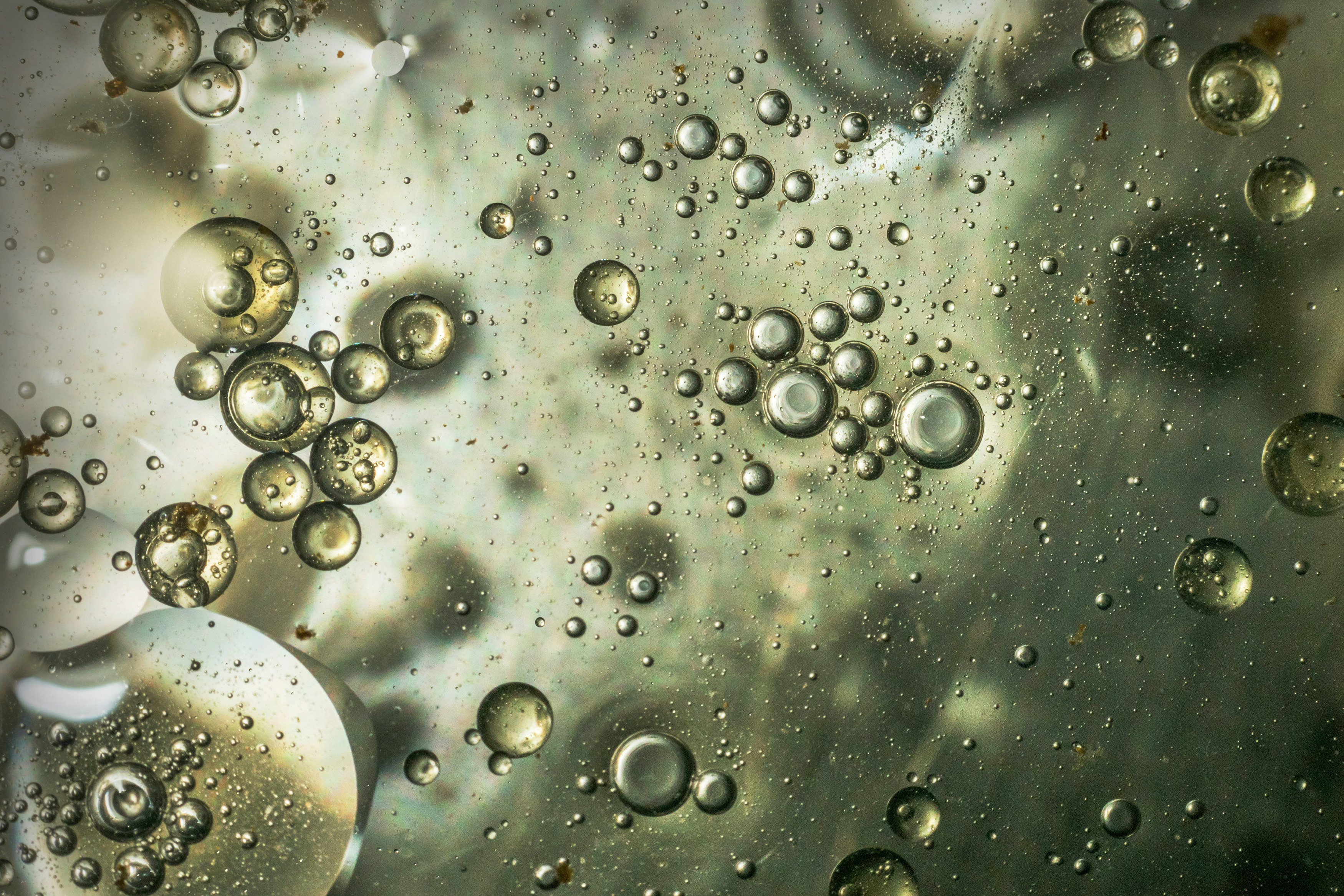DGEBA (diglycidyl ether of bisphenol A) marked a milestone in the epoxy materials industry, setting a new standard in coatings due to its exceptional durability and resistance properties.
This epoxy is obtained through a reaction between bisphenol A (BPA) and epichlorohydrin (ECH) in an alkaline medium, a process perfected in the mid-20th century to meet the growing demand for high-performance synthetic resins. Its invention is attributed to Pierre Castan and S.O. Greenlee, who independently developed epoxy resin systems during the 1930s and 1940s, ushering in a new era in the chemical industry.
Before DGEBA, natural, alkyd, and phenolic resins had various limitations, such as low chemical resistance, poor durability, and limited flexibility. These issues made them unsuitable for demanding industrial applications, such as marine environments or oil platforms, where harsh conditions require highly resistant materials. DGEBA overcame these obstacles thanks to its ability to form three-dimensional networks through epoxy groups that readily react with other substances, providing superior properties compared to other materials.
The production process involves the reaction of bisphenol A with epichlorohydrin in the presence of a base (NaOH), followed by neutralization and purification steps. The versatility of this process makes it an efficient and scalable option, capable of producing large volumes with high yields under controlled conditions. This has allowed DGEBA to be used in a wide range of industrial applications, from metal coatings to the manufacturing of components for the automotive and construction industries.
The crosslinked structure formed by DGEBA grants it exceptional mechanical, chemical, and corrosion resistance, making it the ideal choice for high-performance coatings. The strong bonds within this molecular network ensure the material’s durability even in harsh industrial environments. Unlike other resins that rely on weaker interactions, DGEBA offers a unique robustness that makes it ideal for applications in sectors such as the automotive industry, where it protects vehicle bodies from corrosion, and in marine environments, such as oil platforms, where it keeps metal structures intact despite constant exposure to saltwater and extreme conditions.
Thanks to these exceptional properties, DGEBA has transformed the coatings industry by offering resins with superior corrosion resistance and durability compared to traditional materials. Its versatility has enabled the creation of paints adapted to extreme conditions, improving material protection and lifespan while reducing operational and maintenance costs. This has positioned DGEBA as an essential standard in various industrial applications, including construction, marine, automotive, and metal infrastructure sectors.
In summary, DGEBA has radically changed the landscape of industrial coatings. By providing high-performance materials that resist corrosion, abrasion, and extreme conditions, it has not only extended the lifespan of protected structures but also reduced operational costs, making it an indispensable component in modern industry.


